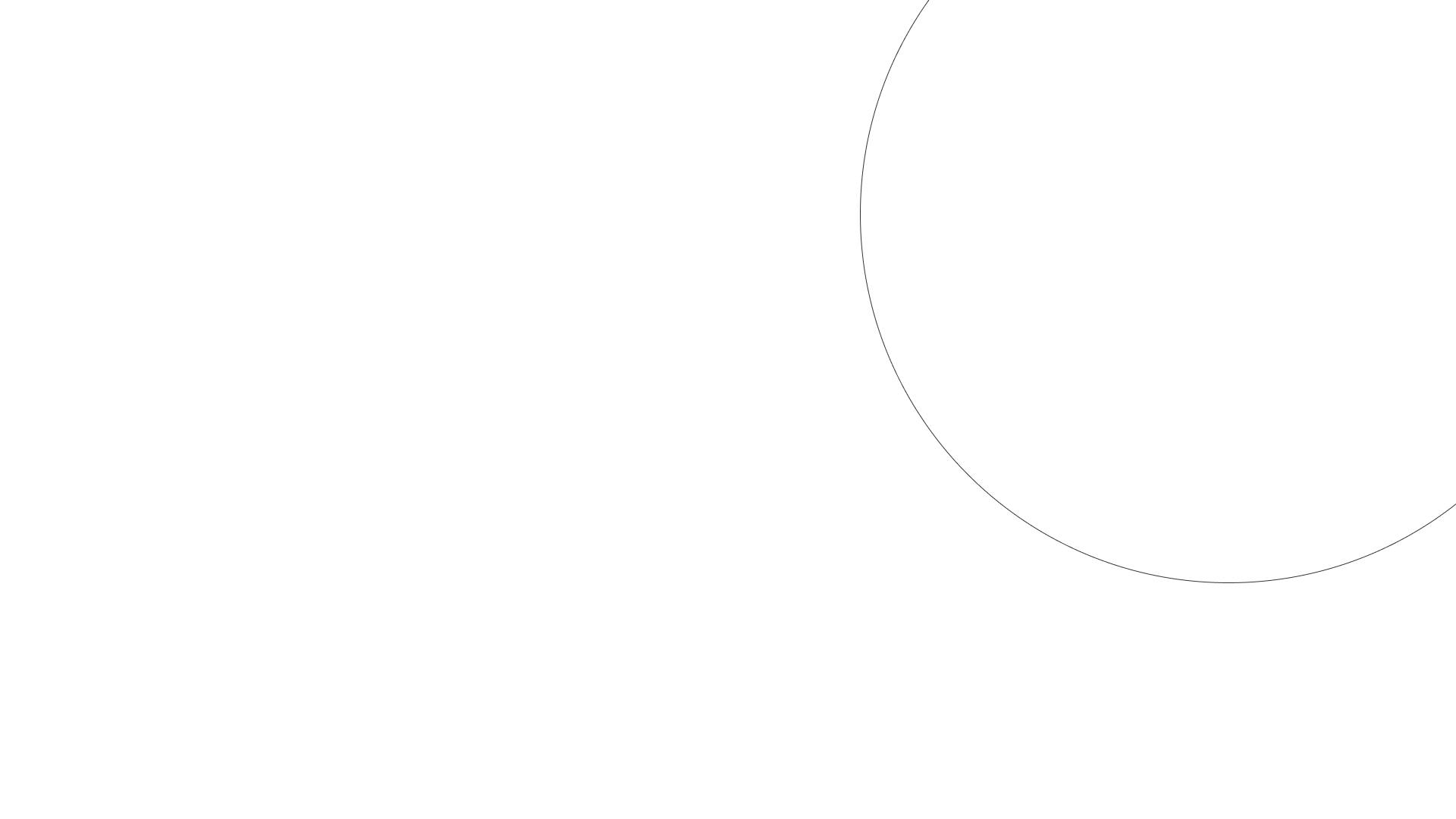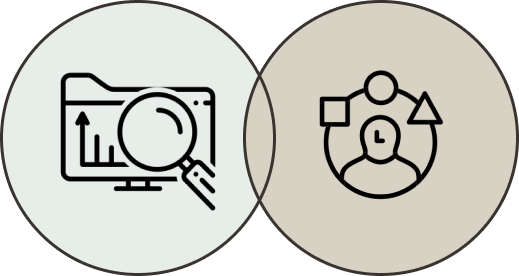
Section Styles spotlight-header
I am a
Cell Biologist
Anthony Covarrubias, PhD
Presented by
Superhuman Body + IF/THENAGING CELLS CAUSE MANY DISEASES, SO WE’RE INVESTIGATING WAYS TO STOP THEM.
As a Cell Biologist, I study the biological causes of (and treatments for) aging and disease.
MY WORK SETTING
Indoor vs. Outdoor
I spend all of my time working inside at a desk.
People vs. Alone
I spend most of my time collaborating with other people.
Exploratory vs. Applied
My work is split between exploratory and applied research.
-
I study the meeting point of two parts of our biology: aging and our immune system (called immunology). Our bodies have a type of white blood cell called a “macrophage”. As we age, all of our cells, including our macrophages, age with us. Macrophages play a very important role throughout our body, doing things like fighting disease and regulating tissues. As macrophages get older, they start to behave differently. These changes may play a really important role in how and why we age. I research processes like this, and look for new treatments we can use to fight back against aging.
-
I design experiments to help us understand how certain cells behave at different ages. Once we think we have a good understanding, we look for and test treatments that might help those cells stay healthy for longer. I use advanced lab equipment to peer inside cells and apply statistics to make sense of what’s happening and why.
-
Aging is a biological process, and while there’s a lot we don’t understand, it’s possible that it can (to some degree) be controlled. Aging is also the cause of many diseases, and as we get older, our immune systems often start to fail or dysfunction. These two systems are connected. If we can figure out how they work and what types of treatments can stop or reverse aging-related damage to our bodies, then we can work towards longer, healthier lives for everyone. In our lab specifically, we hope our research will lead to new therapies to treat diseases like cancer, cardiovascular disease, and diabetes.
MY WORK NEEDSEssential Skills:
TEAMWORK
Science depends on collaboration. We work across specialties to tackle complex questions.
CREATIVITY
We’re always working with limited tools, resources, and knowledge. Science is about creative problem-solving.
PRECISION
Our work depends on extremely precise measurements taken at microscopic scales. Attention to detail is critical.
PATIENCE
Science can move slowly, and you can get a lot of wrong answers before you get a right one. The process is the work.
Days in the Life
Explore what three days at my job might look like!
DAYS IN THE LIFE
How I Work
Check out what my work looks like on an average day.
This is what my workspace looks like!
Advanced lab equipment. We used complicated equipment that requires special training to study tissues at a cellular level.
Freezer. We have an extremely cold freezer that can freeze cells so that we can rejuvenate them later.
Vials and test tubes. Our lab has all of the basics, like petri dishes and pipettes.
Microscopes. We use microscopy to make cells more visible.
Lab safety equipment. I’m often working with delicate materials, and it’s important to have the right clothing.

Did you know...There’s a difference between lifespan and healthspan.
Many scientists in the aging field believe that aging is just another system that can be understood through science… although admittedly, a very complicated one. There’s a lot of disagreement in the field about what is and isn’t possible, and it can be hard to know what is the true science versus the fantasy. Some scientists believe that we can control aging by focusing on broad factors, like genetics. Other scientists are more focused on specific age-related diseases – like cancer, dementia, and cardiovascular disease – and are focused on addressing these issues one by one. And some scientists look at environmental factors that we know play a role in how we age, like eating healthy, exercising, and keeping our stress levels low.
Sometimes when the media covers this type of work, it’s described as attempting to extend the human lifespan, or how long a human being can live. But more often, scientists are thinking in terms of the human healthspan, or how long a human can stay healthy. And we already know that healthspan can vary between communities. For example, access to medicines and good foods, health education, and wealth can all play a role in our healthspan. So before we worry too much about whether it’s biologically possible to live forever, many scientists have their sights set on making it possible for everyone to live well.
Rewarding
These are the parts of my job I find particularly rewarding.
Spending a lot of my time mentoring and teaching students.
Writing papers and publishing scientific findings.
But everyone is different! Drag the circles to place them where you rate them.
Challenging
These are the parts of my job I find particularly challenging.
Writing grants to request funding for our research.
Managing budgets and staying on top of institutional operations.
Section Styles movable
These are the people I work with:
Graduate Students
My lab includes students who are leading projects that align with the questions we’re interested in.
Bioinformatics Specialists
As our data become more complex, we often work with experts specially trained in the best types of analysis.
Other Labs
We often collaborate with other labs in our field who can bring different expertise to the questions we’re interested in.
WHAT’S NEXT?
What’s next for my field of work?One of the most exciting things about working in STEM is how fast things change. Things that aren't possible today could be possible tomorrow.
Real world treatments for aging.
Aging fields are getting closer to making practical impacts on people’s lives. From biochemistry-informed recommendations for a healthy diet to cutting-edge treatments that reduce aging-related dangers, the next several years could change the way we think about how we grow old.
Looking for teacher resources?
PHOTOGRAPHER: Tandem Photo • Illustrator: Nicole Medina© 2024 THE PLENARY, CO. ALL RIGHTS RESERVED. TERMS. PRIVACY.This is a brand new site! See an issue? Let us know.















